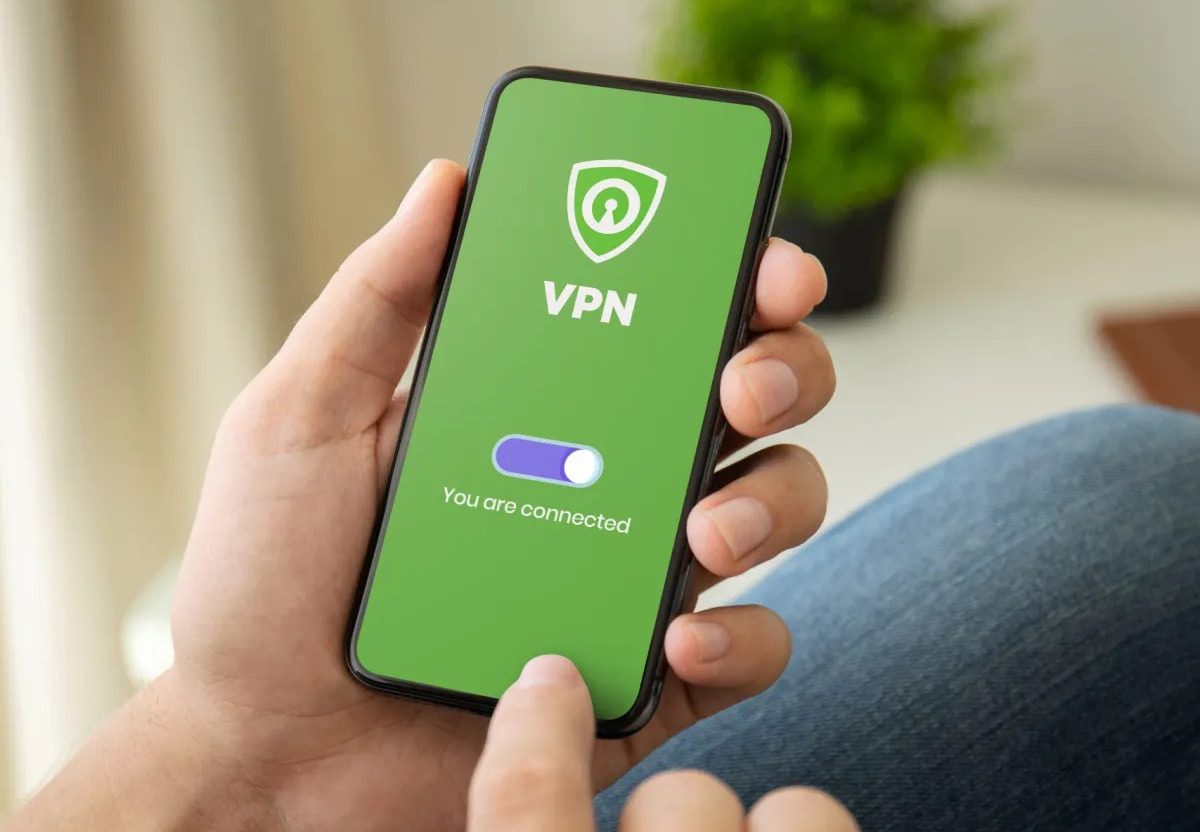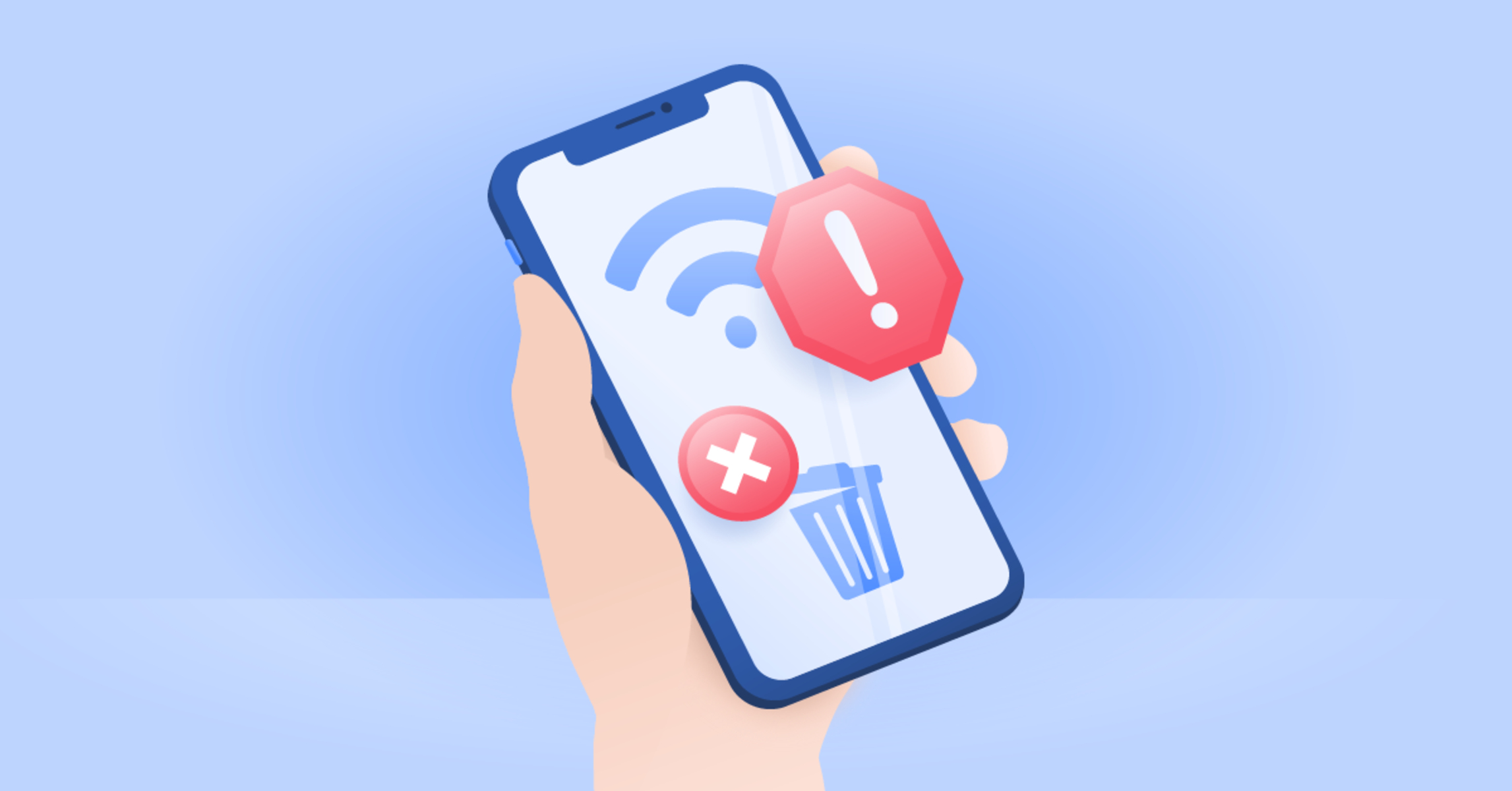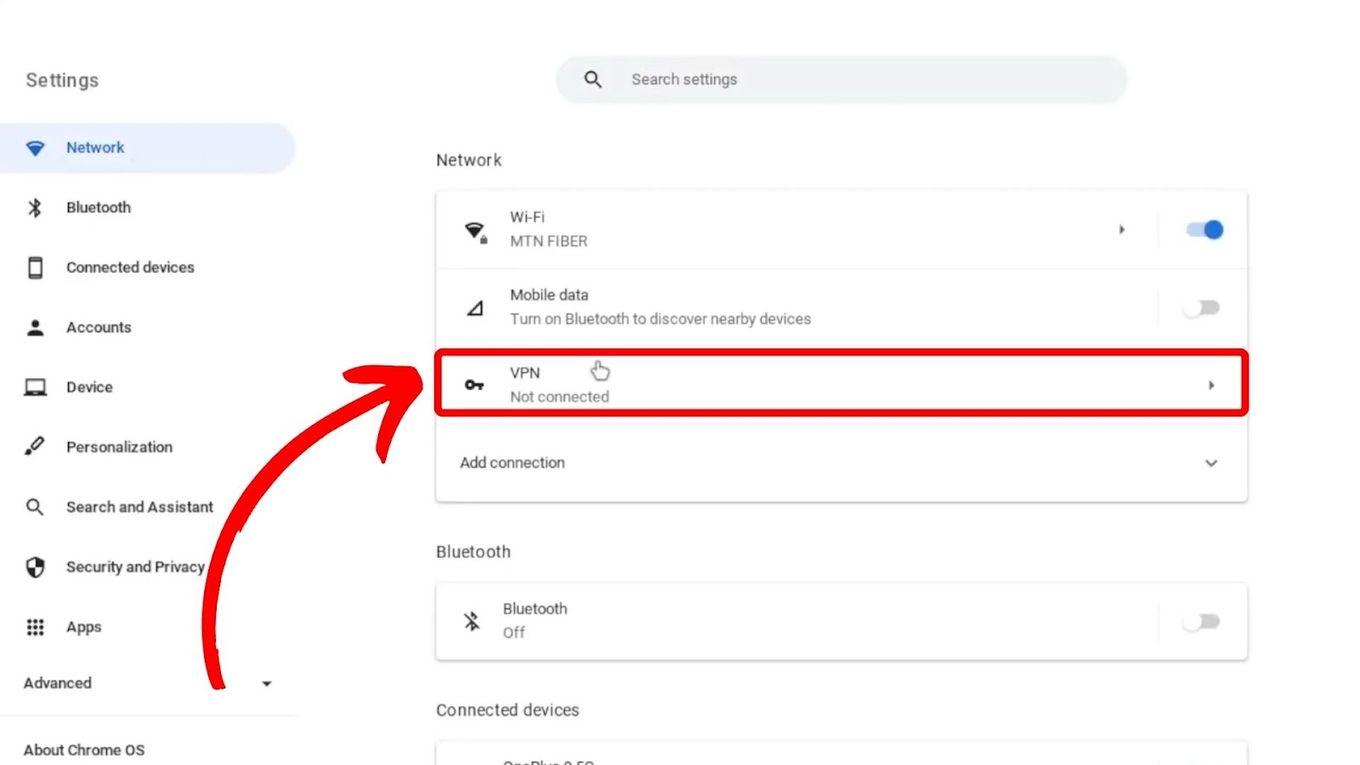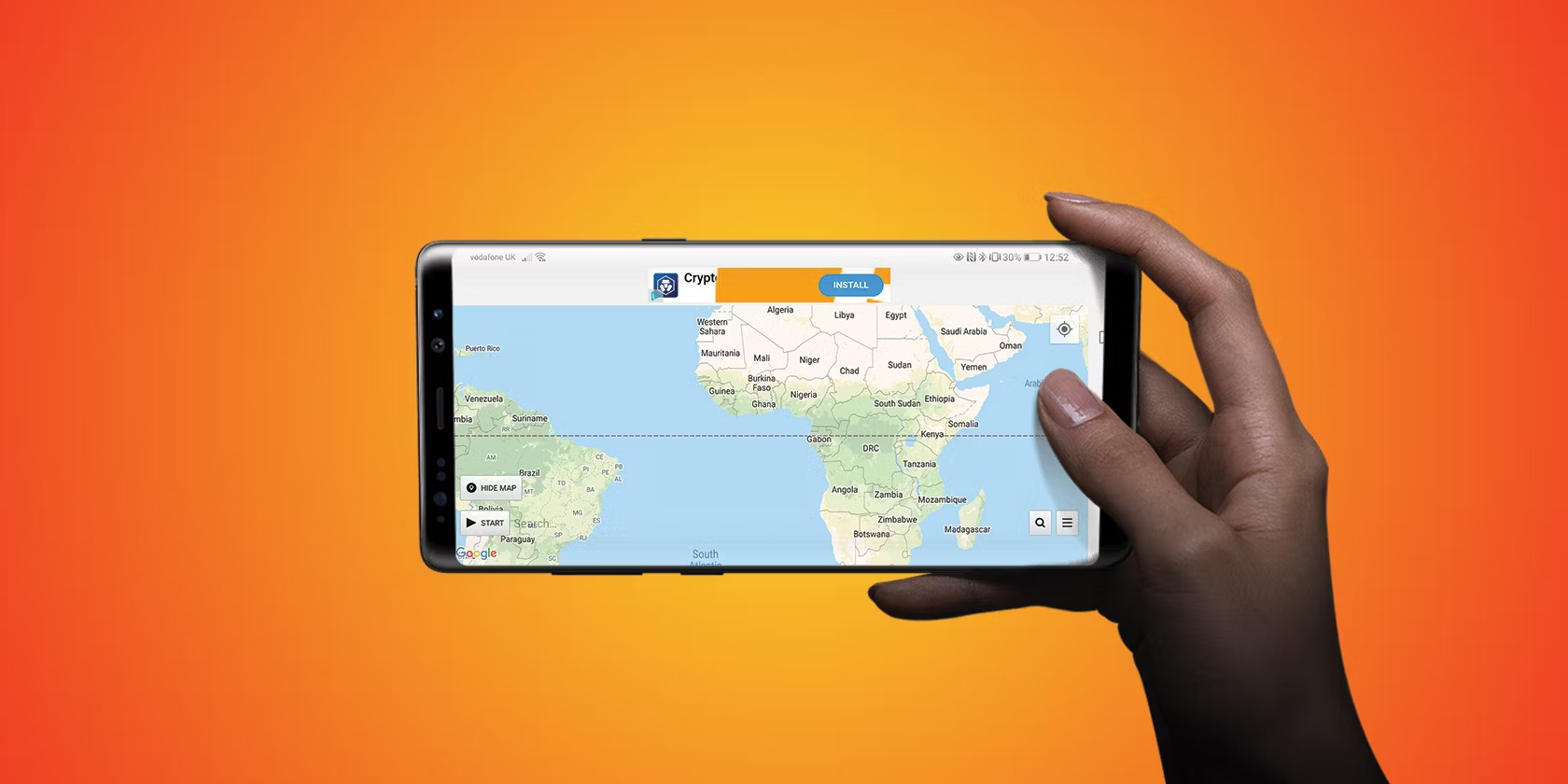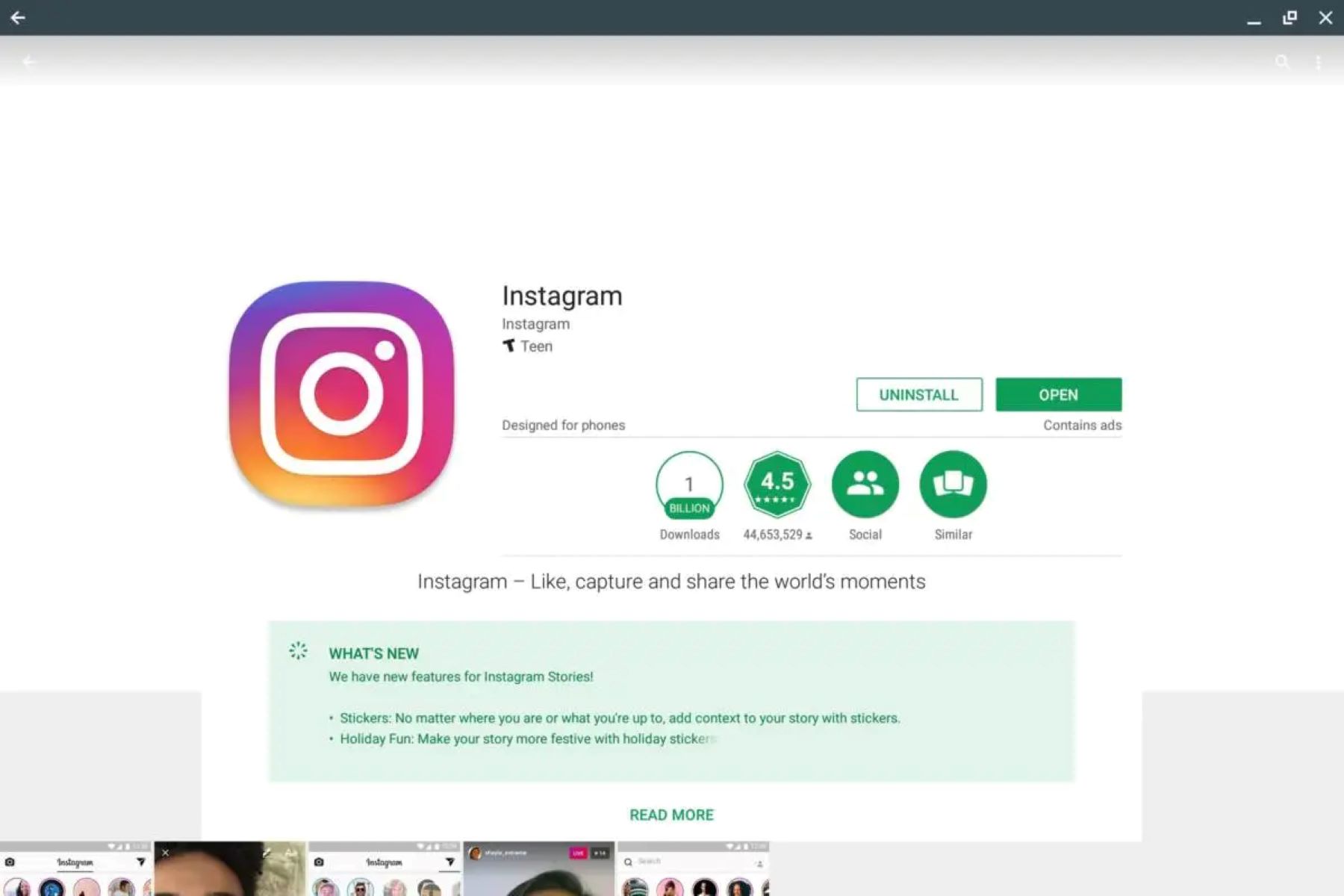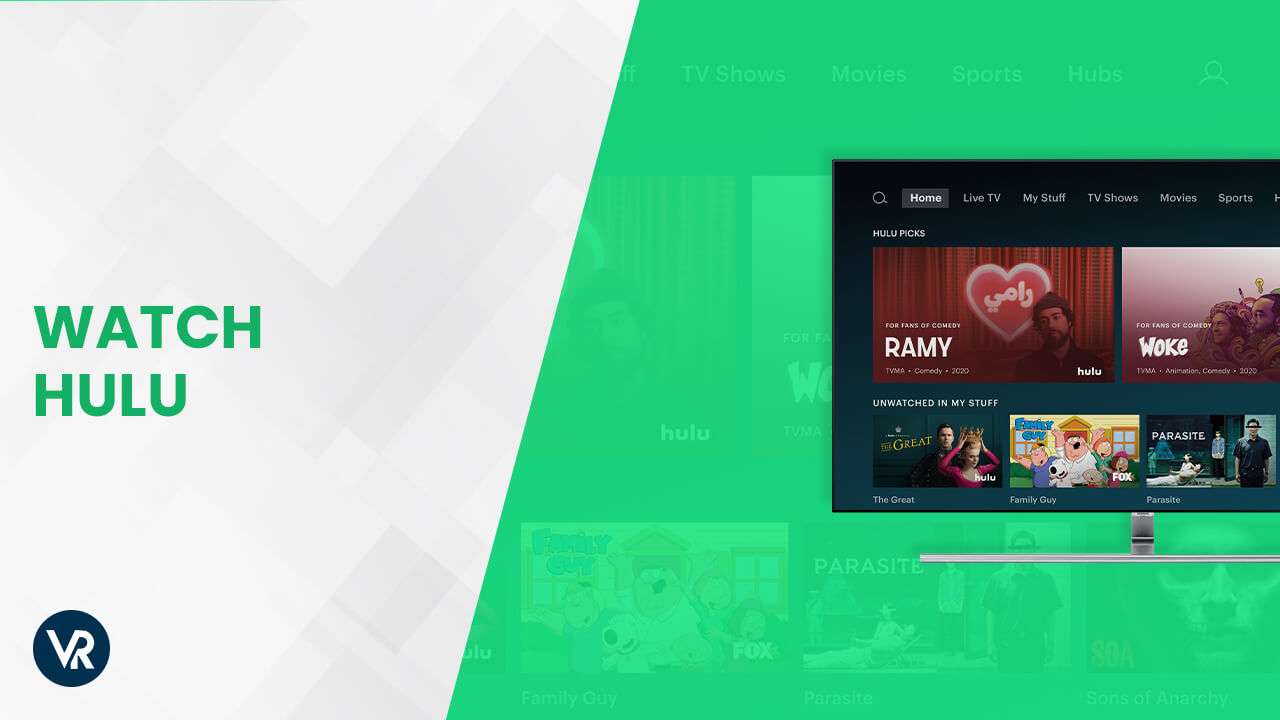Benefits of using a VPN on Android
Using a VPN (Virtual Private Network) on your Android device comes with several benefits that can enhance your online experience and protect your privacy. Whether you frequently access public Wi-Fi networks or want to bypass geo-restrictions, a VPN can be a valuable tool. Here are some of the key benefits of using a VPN on your Android device:
- Enhanced Security: One of the primary advantages of using a VPN on Android is improved security. By encrypting your internet connection, a VPN creates a secure tunnel for your data, making it virtually impossible for hackers or third parties to intercept and access your sensitive information. This is particularly crucial when using public Wi-Fi networks, which are often insecure and susceptible to attacks.
- Anonymous Browsing: With a VPN, you can browse the internet anonymously. Your IP address is masked, making it difficult for websites, advertisers, or even your ISP to track your online activities. This ensures that your online presence remains private and reduces the risk of targeted ads, profiling, and unwanted surveillance.
- Access Blocked Content: Many websites and streaming platforms have region-based restrictions, preventing users from accessing certain content from different geographical locations. By connecting to a VPN server in a desired location, you can bypass these geo-restrictions and access content that might otherwise be unavailable in your region. This allows you to enjoy your favorite shows, movies, and websites without any limitations.
- Safe File Sharing: If you frequently download or share files from your Android device, a VPN can provide an added layer of security. VPNs encrypt the data transmitted between your device and the server, ensuring that your file transfers are secure and protected from potential eavesdropping or interception by malicious actors.
- Protection from Throttling: Some internet service providers (ISPs) may intentionally slow down your internet speed, a practice known as throttling, especially when they detect high bandwidth activities such as streaming or torrenting. By using a VPN, you can mask your online activities and prevent your ISP from throttling your internet connection, ensuring consistent and reliable speeds for all your online needs.
These are just a few of the many benefits that come with using a VPN on your Android device. Whether you want to browse securely, access geo-blocked content, or protect your online privacy, a reliable VPN can be a valuable addition to your mobile toolkit.
How to choose the right VPN for Android
Choosing the right VPN (Virtual Private Network) for your Android device is essential to ensure a secure and reliable connection. With so many options available, it can be overwhelming to find the right one. To simplify the process, here are some key factors to consider when selecting a VPN for Android:
- Security and Privacy Features: Look for a VPN that offers strong encryption protocols like OpenVPN or IKEv2. Additionally, check if the VPN has a strict no-logs policy to ensure that your online activities are not being stored or monitored. Robust security and privacy features should be a top priority when selecting a VPN.
- Server Network and Locations: The number and locations of VPN servers play a crucial role in your browsing experience. Ensure that the VPN has a wide server network spread across different countries, as this will allow you to bypass geo-restrictions and access content from various regions. The more server options available, the better your overall VPN experience will be.
- Connection Speed and Stability: Check user reviews and ratings to determine if the VPN provider offers fast and stable connections. Slow connection speeds can impact your browsing or streaming experience, so choose a VPN that provides consistent and reliable speeds to meet your needs.
- User-Friendly Interface: A VPN should be user-friendly and easy to navigate, especially on a mobile device. Look for VPN apps with intuitive interfaces that offer one-click connect options and simple settings. A user-friendly VPN will make it easier for you to connect and disconnect without any hassle.
- Compatibility: Ensure that the VPN you choose is compatible with your Android device and operating system version. Most VPNs support the latest Android versions, but it’s always best to double-check the system requirements before making a decision.
- Customer Support: In case you encounter any issues or have questions, good customer support can make all the difference. Look for VPN providers that offer responsive and helpful customer support through various channels, such as live chat, email, or phone.
By considering these factors, you can narrow down your options and find a VPN for your Android device that meets your specific needs. Take your time to research and compare different providers to make an informed decision that ensures a seamless and secure browsing experience on your Android device.
Setting up a VPN on your Android device
Setting up a VPN (Virtual Private Network) on your Android device is a straightforward process that allows you to protect your online privacy and secure your internet connection. Here’s a step-by-step guide on how to set up a VPN on your Android device:
- Choose a VPN Provider: Before setting up a VPN, you need to choose a reliable VPN provider that meets your requirements. Consider factors such as security, speed, server locations, and compatibility with Android devices.
- Download and Install the VPN App: Once you’ve selected a VPN provider, visit the Google Play Store on your Android device and search for the VPN app. Download and install the app from the official provider’s page.
- Launch the VPN App: After installation, locate the VPN app on your device and open it. You may need to create an account or log in with your existing credentials depending on the VPN provider.
- Select a Server Location: Once you’re logged in, the VPN app will present you with a list of server locations. Choose a server that suits your needs, whether it’s for bypassing geo-restrictions or optimizing speed. Additionally, some VPN apps offer an automatic server selection feature for convenience.
- Enable the VPN Connection: After selecting a server, simply tap the “Connect” or “On” button to establish the VPN connection. The app may prompt you to grant certain permissions or confirm the connection. Allow the necessary permissions to proceed.
- Confirmation of Connection: Once the VPN connection is established, you will typically see a notification or an icon in the status bar indicating that you are connected to a VPN. This means that your internet traffic is now encrypted and routed through the VPN server you selected.
- Verify VPN Connection: To ensure that your VPN is working, you can visit a website that displays your IP address. If the displayed IP address matches the server location you selected, then the VPN is successfully set up on your Android device.
Keep in mind that the specific steps and options may vary slightly depending on the VPN app and provider you choose. However, the general setup process remains fairly consistent across different VPN applications.
Once the VPN is set up on your Android device, you can enjoy a secure and private browsing experience while accessing geo-restricted content and protecting your personal information from potential threats.
Protecting your privacy with a VPN on Android
Protecting your privacy is crucial in today’s digital age, and using a VPN (Virtual Private Network) on your Android device is an effective way to safeguard your personal information. Here are some ways a VPN can help protect your privacy on Android:
- IP Address Masking: When you connect to a VPN server, it replaces your real IP address with its own, making it difficult for websites, advertisers, or malicious actors to track your online activities or identify your actual location. This adds a layer of privacy and anonymity to your browsing experience.
- Encryption of Data: A VPN encrypts your internet traffic, ensuring that your data is transmitted securely and cannot be intercepted by hackers or snoopers. This is particularly important when connecting to public Wi-Fi networks, where your data could be vulnerable to malicious attacks.
- Prevention of ISP Monitoring: Your internet service provider (ISP) has the ability to see your online activities and collect data about your browsing habits. By using a VPN, you can prevent your ISP from monitoring your internet usage and collecting this information. This adds an extra layer of privacy by keeping your browsing history private.
- Bypassing Website Trackers: Many websites and online platforms use tracking technologies to monitor your behavior, collect data, and serve targeted ads. With a VPN, you can effectively block these website trackers, preventing them from gathering information about your online activities and personal preferences.
- Protection in Public Wi-Fi Networks: Public Wi-Fi networks are often unsecured and vulnerable to hackers. By connecting to a VPN on your Android device, you create a secure tunnel that encrypts your data and protects it from potential eavesdropping or interception by malicious actors on the same network.
- Securing Communication: If you frequently make voice or video calls, send sensitive messages, or perform online transactions on your Android device, a VPN can provide an additional layer of protection. By encrypting your communication, a VPN ensures that your conversations and data remain private and secure from prying eyes.
By using a VPN on your Android device, you can take control of your online privacy and protect your personal information from various threats. A VPN provides a secure and private connection, prevents data monitoring, and helps you browse the internet with peace of mind.
Bypassing geo-restrictions with a VPN on Android
Geo-restrictions can be frustrating when trying to access certain websites, streaming services, or online content that is limited to specific regions. Fortunately, using a VPN (Virtual Private Network) on your Android device can help you bypass these restrictions and enjoy unrestricted access to your desired content. Here’s how a VPN can help you bypass geo-restrictions on Android:
- Changing Your Virtual Location: A VPN allows you to connect to servers located in different countries. By selecting a server in the desired location, you can change your virtual location and make it appear as if you are browsing from that specific country. This tricks websites and services into thinking you are accessing them from an eligible region, granting you access to geo-restricted content.
- Accessing Content Libraries: Streaming platforms such as Netflix, Hulu, and BBC iPlayer offer different content libraries in various countries. By connecting to a VPN server in a specific country, you can unlock that region’s content library and access a wider range of movies, TV shows, and other exclusive content that may not be available in your own region.
- Bypassing Censorship: Some countries impose internet censorship, blocking access to certain websites or platforms. With a VPN, you can bypass these censorship measures and regain access to blocked content. By connecting to a server in a different country, you can circumvent government-imposed restrictions and browse the internet freely.
- Overcoming Regional Sports Blackouts: Sports fans often encounter regional blackouts that prevent them from streaming live matches or events. With a VPN, you can overcome these blackouts by connecting to a server location where the match or event is not restricted. This allows you to enjoy live sports coverage from anywhere in the world.
- Booking Cheaper Travel Deals: Some travel websites and airlines may offer different prices or deals based on the user’s location. By using a VPN to connect to servers in different countries, you can compare prices and book travel deals based on the most advantageous location, potentially saving money on flights, accommodations, and other travel expenses.
A VPN on your Android device unlocks a world of content and online experiences that might otherwise be restricted based on your geographical location. With the ability to change your virtual location, you can enjoy access to geo-restricted content, overcome censorship, and take advantage of better deals and offers from around the world.
Some popular VPN apps for Android
When it comes to selecting a VPN (Virtual Private Network) app for your Android device, there are numerous options available in the market. To help you get started, here are some popular VPN apps known for their reliability, security, and user-friendly features:
- ExpressVPN: ExpressVPN is a well-known and highly regarded VPN app that offers a vast network of servers in various countries. It provides fast connection speeds, strong encryption, and a user-friendly interface. With ExpressVPN, you can enjoy secure and unrestricted browsing on your Android device.
- NordVPN: NordVPN is renowned for its advanced security features and extensive server network. It offers robust encryption protocols, a strict no-logs policy, and the ability to connect up to six devices simultaneously. NordVPN is a popular choice among Android users who value privacy and data protection.
- Surfshark: Surfshark is a budget-friendly VPN app that doesn’t compromise on features or performance. It offers unlimited simultaneous connections, strong encryption, and a user-friendly interface. Surfshark is a great option for Android users looking for an affordable yet reliable VPN solution.
- Private Internet Access (PIA): PIA is a well-established VPN app known for its strong security features and affordable pricing plans. It offers a large network of servers, reliable connections, and additional features like ad-blocking and malware protection. PIA provides excellent value for money for Android users.
- CyberGhost: CyberGhost is a user-friendly VPN app that offers a wide range of features suitable for both beginners and advanced users. It provides strong encryption, a vast server network, and dedicated streaming servers optimized for accessing popular streaming platforms. CyberGhost is a popular choice for Android users seeking simplicity and versatility.
- Hotspot Shield: Hotspot Shield is a VPN app that focuses on providing fast and secure connections. It offers military-grade encryption, a large server network, and a unique feature called “Catapult Hydra” that optimizes speed and performance. Hotspot Shield is ideal for Android users looking for a VPN that prioritizes speed without sacrificing security.
These are just a few examples of popular VPN apps available for Android. It’s important to research each app’s features, user reviews, and pricing plans to determine which one best suits your specific needs and requirements. Remember to prioritize factors such as security, server network, user-friendliness, and compatibility with your Android device.
Regardless of the VPN app you choose, having a VPN on your Android device can provide you with enhanced privacy, security, and access to geo-restricted content.
Tips for using a VPN on Android effectively
Using a VPN (Virtual Private Network) on your Android device can greatly enhance your online security, privacy, and access to restricted content. To make the most out of your VPN experience, here are some tips for using a VPN on Android effectively:
- Choose the Right Server: When connecting to a VPN, select a server location that is closest to your physical location for optimal performance and speed. If you want to access content from a specific country, choose a server located in that region to bypass geo-restrictions effectively.
- Enable the VPN on Public Wi-Fi Networks: Public Wi-Fi networks are often insecure, making them prime targets for hackers. Always enable your VPN when connecting to public Wi-Fi to encrypt your data and protect it from potential attacks or snooping by malicious actors on the network.
- Use Automatic Connection Options: Many VPN apps offer automatic connection options that will connect you to the fastest or most suitable server available. This ensures that you are always connected to the best server without having to manually select one each time.
- Ensure VPN Auto-Start: To ensure that your VPN remains active at all times, configure the VPN app to automatically start whenever your Android device boots up. This way, you can have constant protection without having to remember to manually connect every time.
- Stay Updated with the Latest App Version: VPN providers regularly update their apps with bug fixes, security enhancements, and new features. It is important to keep your VPN app updated to ensure you have the latest security patches and improvements for a seamless and secure browsing experience.
- Use Split Tunneling: Some VPN apps offer a split tunneling feature that allows you to choose which apps or websites use the VPN connection while excluding others. This can be useful if you only want certain apps or websites to be routed through the VPN while the rest use your regular connection.
- Test the VPN Connection: Regularly test your VPN connection to ensure that it is providing the expected level of security and performance. You can use online tools to check your IP address and verify if it matches the server location you selected. If you experience any issues, reach out to the VPN provider’s customer support for assistance.
- Disconnect When Not in Use: If you’re not actively using the internet or engaging in activities that require a secure connection, consider disconnecting from the VPN. This allows you to conserve battery life and may speed up your internet connection as the VPN encryption is no longer active.
By following these tips, you can effectively use a VPN on your Android device to ensure online security, privacy, and access to restricted content. Remember to choose a reliable VPN provider, stay updated with the latest app version, and utilize the available features to tailor your VPN experience to your specific needs.
Frequently Asked Questions about using a VPN on Android
Using a VPN (Virtual Private Network) on your Android device might raise some questions. Here are answers to some frequently asked questions that can help you better understand how to use a VPN on Android:
- Is it legal to use a VPN on Android?
- Can I use a free VPN on Android?
- Will using a VPN slow down my connection?
- Can I use a VPN on multiple devices simultaneously?
- Will a VPN protect me from malware?
- Do I need to keep the VPN app running all the time?
- Can I use a VPN to bypass streaming service restrictions?
- Do VPNs work on mobile data?
Yes, using a VPN on your Android device is legal in most countries. However, it’s important to note that using a VPN to engage in illegal activities is still illegal, regardless of the device or location.
Yes, there are free VPN options available for Android, but it’s important to be cautious. Free VPNs often come with limitations such as data caps, slower speeds, and a limited number of server locations. Additionally, some free VPNs may collect and sell your data to third parties. It is generally recommended to opt for a reputable paid VPN service for better performance, security, and privacy.
Using a VPN can potentially slow down your internet connection due to the encryption and routing processes. However, modern VPN technologies have minimized the impact on speed, and many premium VPN providers offer fast and stable connections. Choosing a server location closer to your physical location can also help minimize any speed reduction.
Yes, many VPN providers allow simultaneous connections on multiple devices using a single account. The number of simultaneous connections allowed may vary depending on the VPN provider and subscription plan. Make sure to check the terms and conditions of your chosen VPN provider.
A VPN primarily provides encryption and anonymity, which helps protect your data and privacy. While a VPN can offer some protection against malware by blocking malicious websites, it is not a substitute for good antivirus software. It’s important to have an updated antivirus solution installed on your Android device to protect against malware and other online threats.
For maximum privacy and security, it’s generally recommended to keep your VPN app running whenever you are connected to the internet, especially when using public Wi-Fi networks or accessing sensitive information. However, you may choose to disconnect from the VPN when performing tasks that do not require a secure connection to conserve battery life.
Yes, using a VPN can help you bypass geo-restrictions imposed by streaming services. By connecting to a VPN server in a different country, you can make it appear as if you are accessing the streaming service from that specific location, allowing you to bypass regional restrictions and access content that may be blocked in your region.
Yes, VPNs work on mobile data connections, including 4G or 5G networks. VPNs encrypt your internet traffic and prevent your mobile data provider from monitoring or restricting your online activities. However, be aware that using a VPN on mobile data may consume more data from your mobile plan, so keep an eye on your data usage if you have a limited data plan.
These are just a few common questions about using a VPN on Android. If you have additional concerns or doubts, consult the VPN provider’s website or reach out to their customer support for further assistance.







